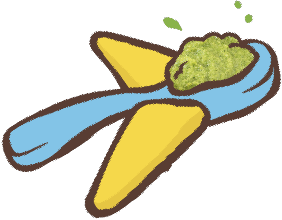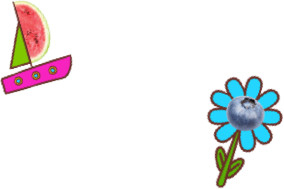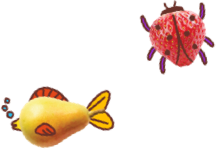Claire Baseley
Infant nutritionist / Makes Ella's Good
It's really important to understand the difference between gagging and choking.
Gagging is a part of learning how to chew and needs no action, whereas choking can be dangerous and requires quick action to keep your baby safe.
Gagging is the clever way your baby moves food forward for another go at chewing, to prevent them from choking.
It's perfectly normal for babies to gag while they are on their weaning journey as soft, little pieces of food move to the back of their tongues.
Did you know that a baby's gagging reflex is far more sensitive than an adult's?
Providing your little one with progressively more challenging textures, moving from a thin to a thicker puree and then a fine fork mashed texture, helps them learn to chew and in time, the gag reflex will disappear.
If your baby really struggles with texture, you can always thin a puree down with their usual milk, or blitz a bit more to make the lumps smaller and then gradually progress back to a thicker, lumpier texture.
You’ll see them go red and they may cough, splutter and gag. Their tongue will thrust forward as they try to keep the airway clear.
Try not to worry - keep smiling and reassure your little one that everything is ok. There is no need to do anything more than this as your little one will work it out for themself.
You can carry on feeding once they have worked it out. If they start to choke, then have a peek at the next section.
Choking happens when a piece of food slips down and gets stuck in your baby's windpipe. This can be dangerous if it stops your baby from breathing.
If your little one is choking, their face will start to go blue and they may be quiet or even silent, in contrast with gagging. If they are unable to breathe, cough, cry or speak it’s time to call for help and to practise the baby choking sequence to try to dislodge the object.
For more safety advice, please refer to the NHS website.
To help prevent choking, never leave your baby alone while eating and avoid offering foods that could be a choking risk. Babies can choke on any food but there are some key foods to avoid to lower the risk of choking.
Foods to avoid include:
Baby first aid course
It might be a good idea to do a baby first aid course before your start weaning, so you can learn lots about keeping your baby safe. Find out more here: https://www.keepabeat.com/




